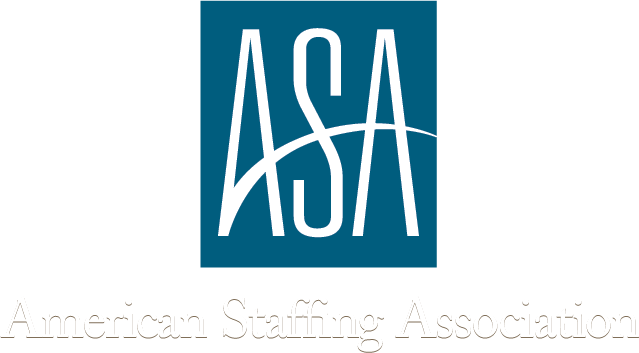You expect your engineering teams to come to work each day ready to focus and get things done. Everyone has a day here or there when they don’t accomplish as much as they would like but ideally, most days are good days. If productivity is down on your team, it’s important to determine what is standing in their way. Here are some of the most common obstacles that hurt a team’s productivity and strategies to overcome them.
Email and Group Chats
Email and group chat software are designed to help teams collaborate, but constant notifications can be disruptive. Even the most focused employee can continually get sucked in, especially if they are waiting on a co-worker to provide mission-critical information. Constant notifications also sense a false sense of urgency – people think they need to stay on top of the conversation so they don’t miss anything.
Managers should empower employees to feel comfortable shutting the platforms when they really need to focus. If someone has a true work-related emergency and they can’t reach a colleague online, they will pick up the phone to make the connection.
Micromanagement
Managers who are constantly standing over their team members’ shoulders to see what they are doing and how they are doing it are extremely detrimental to productivity. Over time, micromanagers also have a major impact on morale, ultimately leading to turnover.
Leaders need to have a good feel for their managers’ styles and should make every effort to identify micromanagers. When a micromanager is identified, it is up to leadership to help them learn to let go of control and coach their teams, rather than micromanage them and stifle productivity.
Frequent Meetings
Meetings are important, to be sure, but when they are too frequent or lack focus, they have a negative impact on productivity. Meetings should always have a clear purpose that is stated in a formal agenda. If you can’t define a clear purpose for the meeting, then it’s not necessary. Meetings should also have a clearly defined stopping point. With focus, an agenda and a set timeframe, facilitators can stop conversations from getting into the weeds. Managers can also cut back on meeting frequency by holding 10-minute morning huddles and providing feedback to their teams in real-time.
Lack of Clear Direction
Everyone needs a little bit of help prioritizing their tasks from time to time. It’s not enough to assume an employee understands what to work on first. Clear direction, clear deadlines and priority directives are important any time work is assigned. Managers can also facilitate better prioritization in their weekly one-on-ones with staff by checking in and asking them directly how they feel about their current workload.
If your company is looking to attract and retain productive technical engineering talent on a full-time or contract basis, reach out to the expert recruiters at Selectek today. We can connect you with the professionals who add real value to a team.

